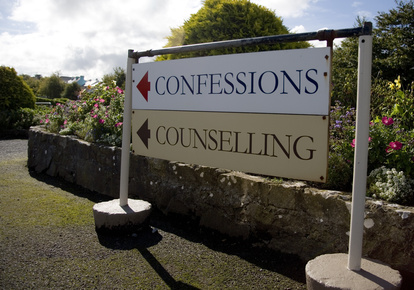Category: Online Counselling
-

Online Therapy or Face to Face Counselling?
Meet with me online or face to face in Stockholm For in-person ‘face to face’ therapy, counselling and coaching in English, click here For online counselling with an English speaking therapist and coach, click here
-

After-Hours Counselling for Expats, Nightowls and Early Birds (in English!)
After-hours counselling and therapy in Stockholm, Gothenburg and Malmo is hard enough to find for locals. And the few English speaking psychology services available in Sweden also tend to operate during business hours. Online therapy and counselling is a perfect way for expats in Sweden to fit in a private consultation before work or when…
-

What’s the Purpose of Talk Therapy? 5 Different Reasons to Turn to Online Counselling.
Recently I was reflecting on all the requests I receive for online counselling, coaching and therapy. I’ve been providing therapy consultations over webcam and offering email counselling for several years now, and I’ve heard a diversity of hopes and expectations over that time. Here are some of them. Strategies and Tools One of the biggest…
